Appreciation or Appropriation?: Writing a Fiction Using an Indigenous Culture as Inspiration
The author wishes to acknowledge a culture not seen in the media but hopes any inspiration she receives from them will provide appreciation for their heritage. She wonders if it is considered appropriation or not as it is a culture close to her ancestral roots, but not one she can claim as her own.
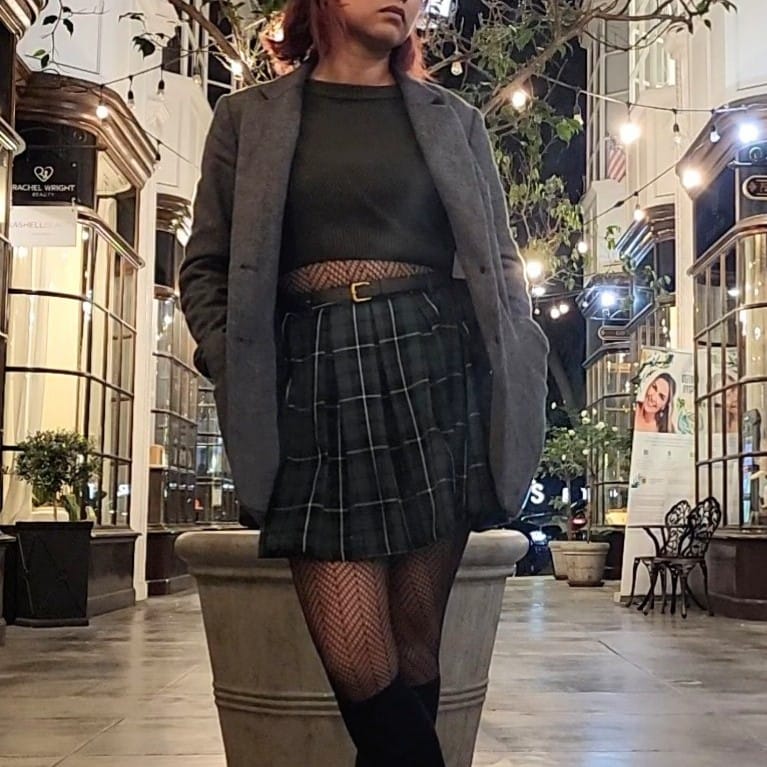
I have no ties to any indigenous tribes. I most definitely have indigenous ancestry as I am Mexican American, but I cannot claim to be indigenous because I am not part of any indigenous community.
I want to understand my cultural history as it feels like my ethnic identity has shallow roots in its basis. I feel hollow and full simultaneously—I have my individuality understood pretty well because I know who I am as a person, but it feels like my background is a mosaic with minimal adhesive or grout.
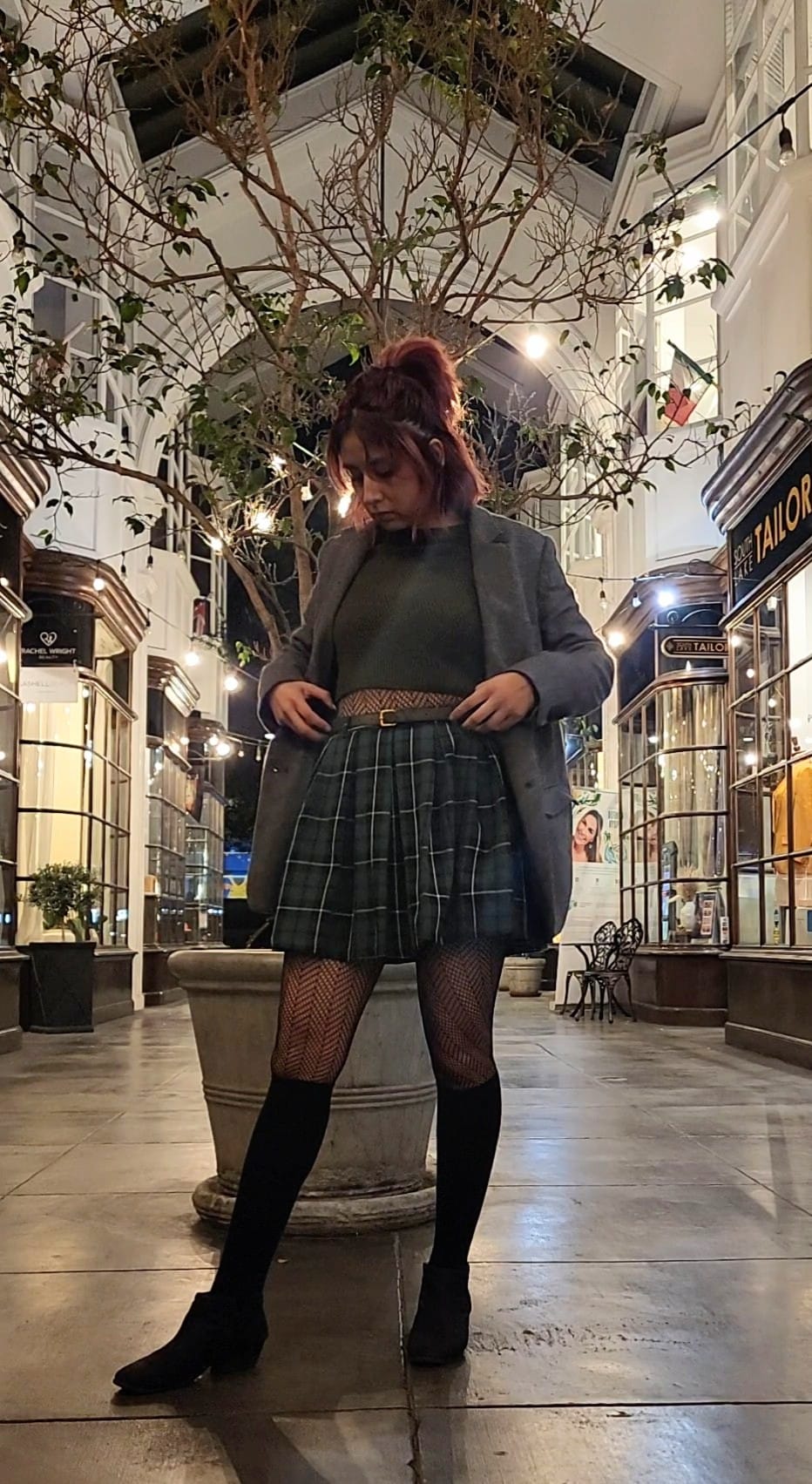
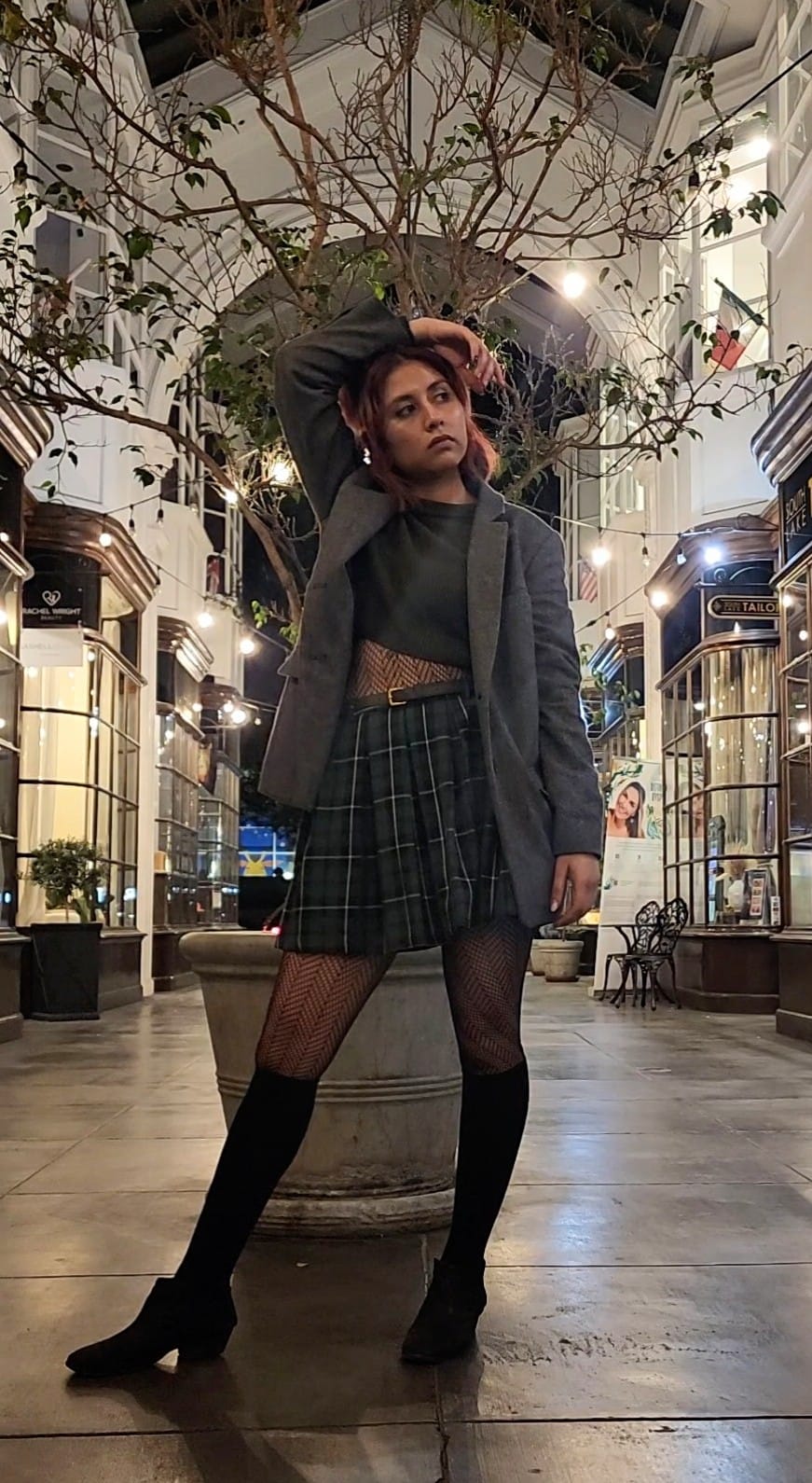
Cropped sweater with a plaid skirt and tweed blazer
The start of my heritage journey began a few years ago when I did what anyone with a curiosity in their family tree would do—I bought a DNA kit. I got the results I expected which were that I am half Mexican, a good portion Spaniard, and a small part of other genetic influences from nearby areas, because, you know, the ancestors get around.
As my curiosity grew, I found it interesting the results for the Mexican genetic makeup were written as “Americas Indigenous”. Of course, it was a generalization as the range was between mid-North America down to lower Mexico. But, it never hit me until then that my current culture is probably vastly different than my family from 400 years ago—that my roots are more indigenous than I ever considered.
Not to say that traditions do not change over time, but paying attention to history, I can say confidently my ancestral culture suffered through some type of erasure when the Spaniards colonized the lands, and Catholicism was forced on many communities, even though they had their own pre-existing beliefs and structures.
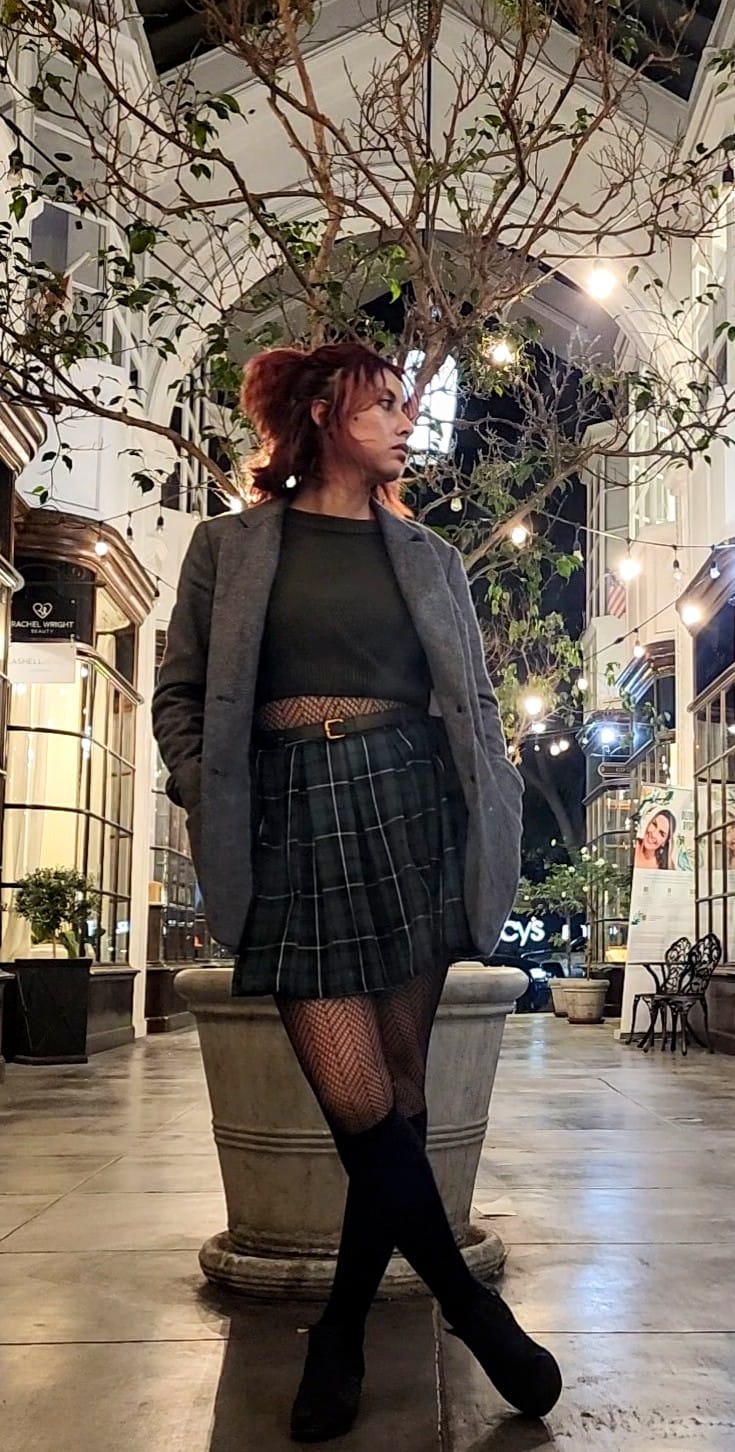
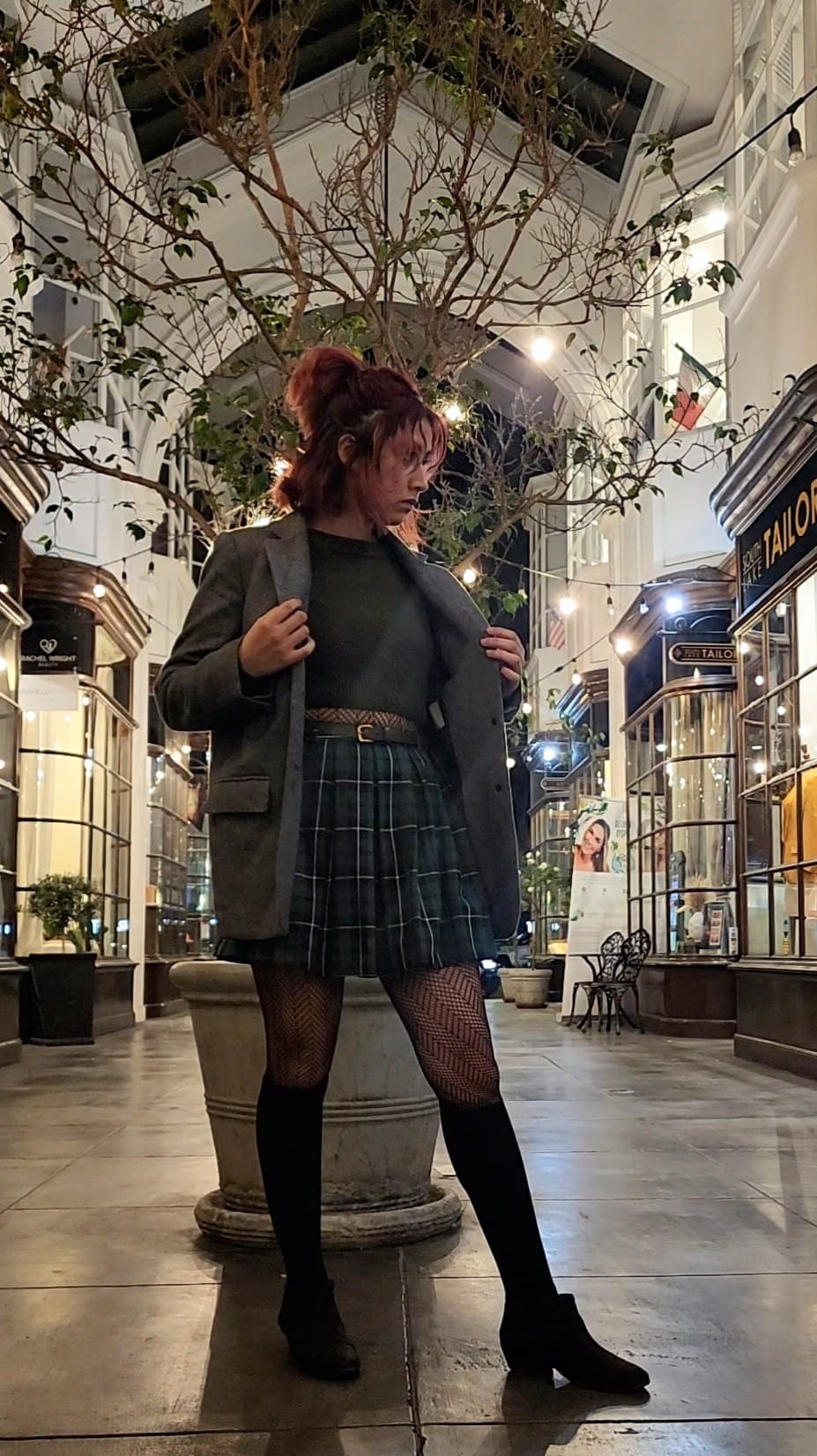
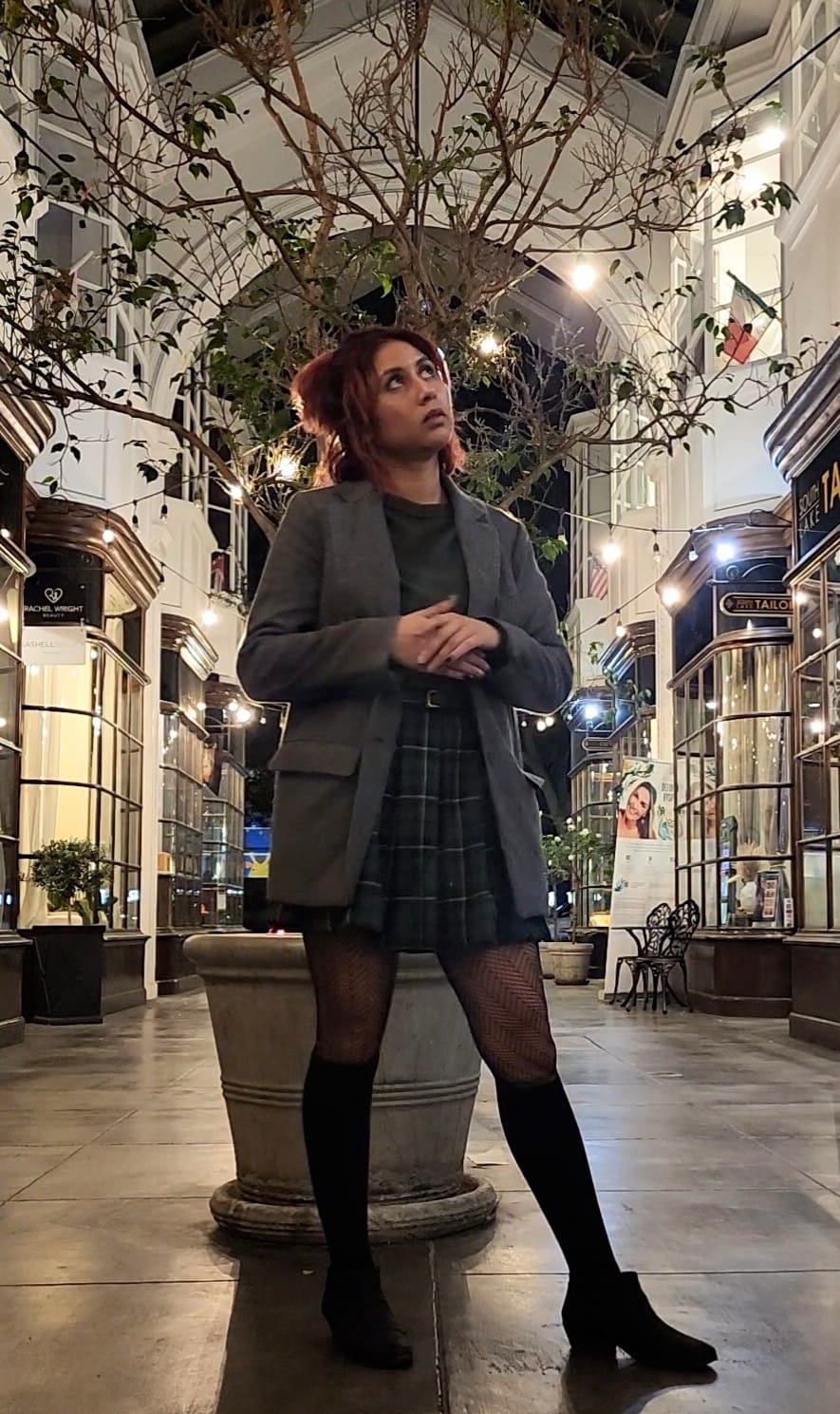
Dark Academia with green, grey, and black palette
Even with this knowledge, I cannot say I am Indigenous, nor will I, because I have no connection within an indigenous community, and it is my belief those ties were cut sometime in my family’s past a long time ago. I will admit when I initially came across this revelation, I had thought the label for me to be true, but after some research and self-education, I know this is not the case.
Now, what does this all mean when it comes to my writing? I hope to use their influence in my creative process. But this is a line I feel like I must tread carefully. What I could find as appreciative, another could find as appropriation. I could not really ever know unless an actual member of the community called me out on it. I would like their influence nonetheless, though, because I hope to be able to provide recognition and attention to cultures other than the Western cultures we consume so much already in all types of media.
Might as well exalt a culture close to my roots that has little Spaniard influence (since it is a Western culture).
As weird as it is to talk about sociology topics on a fashion post, I want to be able to talk about anything, really, within my outfit lookbook. So, I hope you enjoy my Dark Academia fit on top of my minor identity crisis discussion. Over black herringbone tights, I wore a dark green plaid skirt with a cropped sweater of a similar shade. For accessories, I had a dark brown belt, black knee-high socks, and black boots. My outerwear consisted of a grey tweed blazer. Overall, slightly warm for a cold night. I could have probably layered up a bit more.

